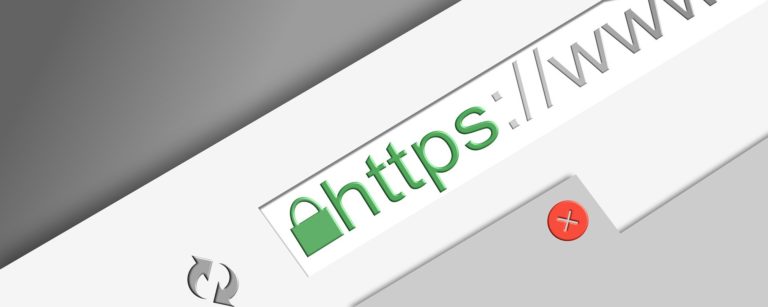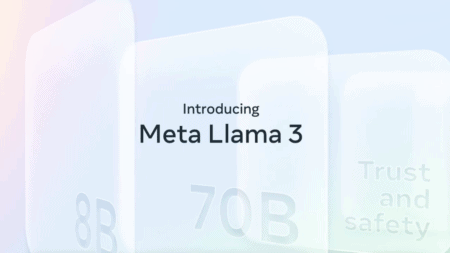A big mistake by Apple, GoDaddy and Google caused no less than 1 million wrong certificates to be given to websites. These certificates do not meet the industry’s own requirements. The problem is caused by an incorrect configuration of the open-source EJBCA software.
Many of the companies that issue these certificates use the EJBCA. This is software that generates certificates that secure websites, encrypt emails, and digitally sign code. By default, EJBCA generates certificates with 64-bit serial numbers, but something goes wrong with the publishers.
Too few bits
Industry requires a serial number to contain 64 bits of output from a secure pseudo-random number generator. However, research has shown that one of these bits must be a fixed value to ensure that the serial number is correct. As a result, the EJBCA standard produces a serial number with 63 bits and not the required 64 bits.
In theory, this poses a risk to the entire ecosystem on which the Internet is built. Adam Caudill, the security researcher who wrote about the problem, states that a difference of 1 bit may seem like a small difference. But, as he states, the difference between 263 and 264 is no less than 9 quintillion. In addition, the basic requirements for trusted browser certificates state that no less than 64 bits are required.
In 2008, researchers proved that the old MD5 algorithm made it relatively easy for them to generate a certificate that was accepted. For this reason, it was decided in 2016 that 64 bits should be the default. A new algorithm was also developed for this purpose, which is still in use today and is therefore partly based on the EJBCA.
Abuse is unlikely
However, there is little chance that hackers or malicious parties will actually issue false certificates. This is because certificates are created using the SHA256 algorithm, which has none of the vulnerabilities of the old algorithm that was still in use in 2008. However, it is possible that between 1 and 2 million certificates were issued incorrectly.
Google, GoDaddy and Apple have to check all of these. The way in which this is done is not entirely clear, because replacing so many certificates is not an easy task. The industry’s requirement is that faulty certificates be withdrawn and replaced within five days. They probably won’t make it; GoDaddy, for example, indicates that it thinks it will need around 30 days.
However, the companies do not have to hurry. According to Caudill, who spoke to Ars Technica, this is not to be exploited from a hacker’s point of view,” which is because 63 bits provide a fairly large security margin and to crack this, a “major breakthrough in cryptography” is required. “The problem, however, is the impact this has on people and businesses; hackers will not suddenly counterfeit certificates as a result.
This news article was automatically translated from Dutch to give Techzine.eu a head start. All news articles after September 1, 2019 are written in native English and NOT translated. All our background stories are written in native English as well. For more information read our launch article.


















